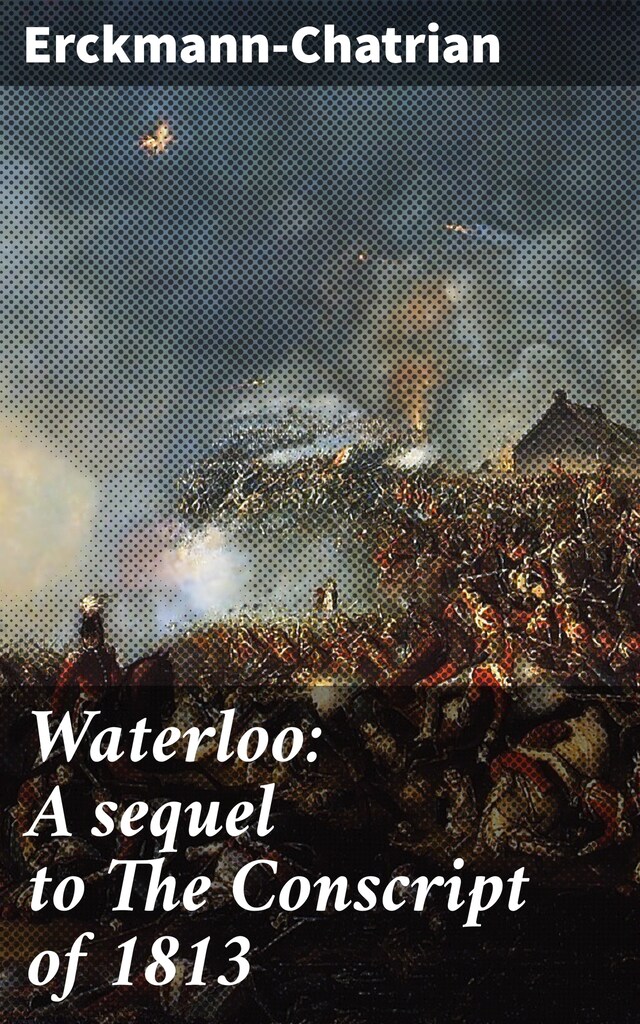
Waterloo: A sequel to The Conscript of 1813
Echoes of heroism and horror in the Napoleonic Wars
Tietoa kirjasta
In "Waterloo: A Sequel to The Conscript of 1813," Erckmann-Chatrian masterfully intertwines historical narrative with vivid character development, offering readers a compelling exploration of the aftermath of the pivotal Battle of Waterloo. This nuanced work operates within the genre of historical fiction, employing a rich descriptive style that immerses the reader in the chaos and emotional landscape of a war-torn Europe. Through the eyes of its protagonist, the novel reflects on themes of heroism, loss, and the psychological toll of conflict, expanding upon the events introduced in its predecessor, "The Conscript of 1813." The authors utilize a multi-faceted approach to storytelling, merging personal accounts with broader historical context, which serves to enhance the authenticity of the narrative. Erckmann-Chatrian, the collaborative pen name of √âmile Erckmann and Alexandre Chatrian, emerged from the France of the 19th century, a period characterized by social upheaval and a fascination with the Napoleonic Wars. Their own experiences and observations of military life and its repercussions undoubtedly influenced the creation of this sequel. Their dedication to depicting the human experience amidst historical events positions them as crucial voices in the realm of French literature, providing valuable insights into the psyche of soldiers and citizens alike. Readers interested in historical narratives that capture the complexities of war and acceptance amid chaos will find "Waterloo" a profound continuation of the themes raised in "The Conscript of 1813." Erckmann-Chatrian'Äôs rich prose not only chronicles the events of this significant battle but also deeply engages with the emotional and existential questions it raises. This book is an essential read for anyone seeking to understand the personal dimensions of history.
 Erckmann-Chatrian
Erckmann-Chatrian 260 Sivua
260 Sivua